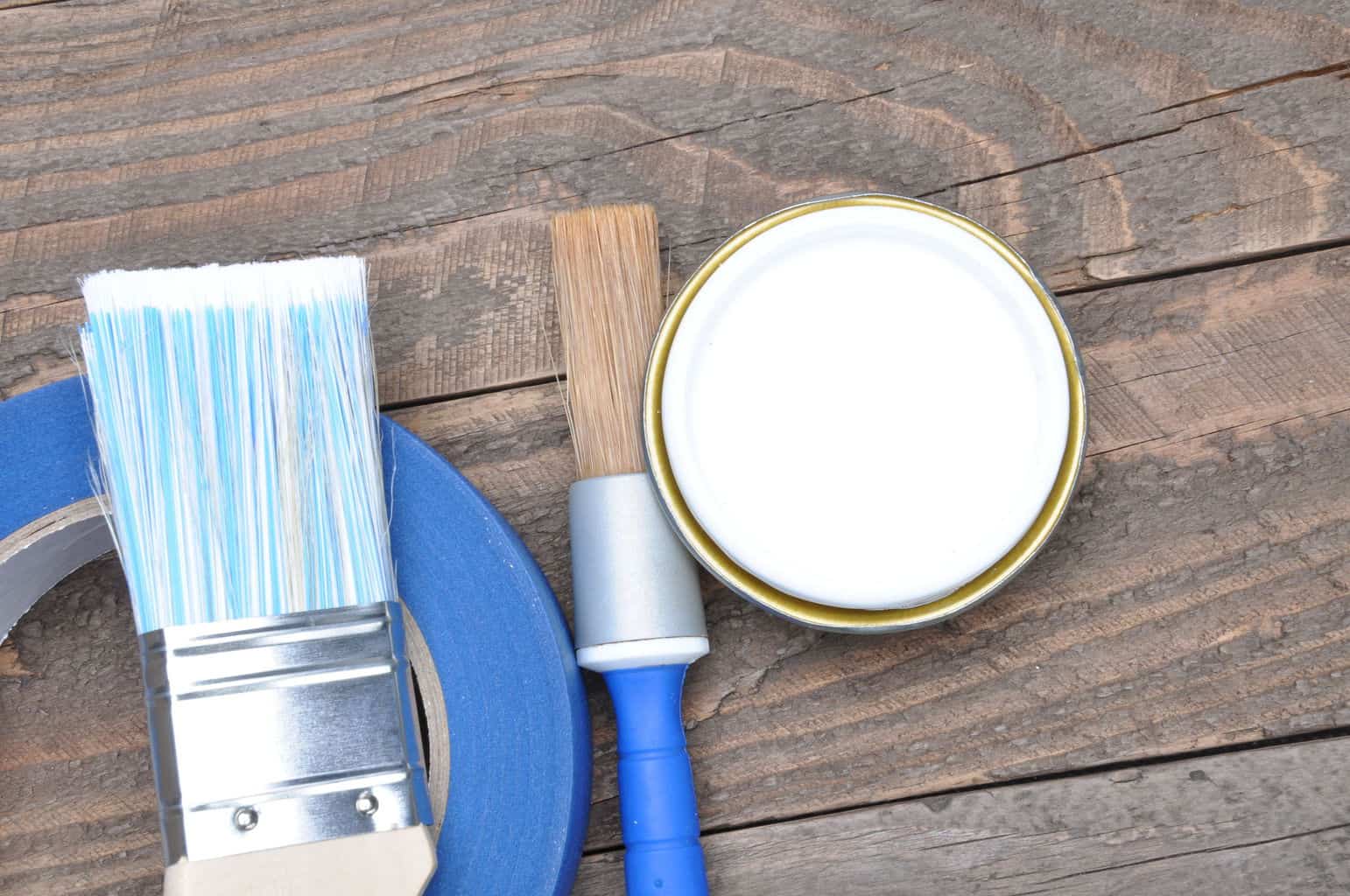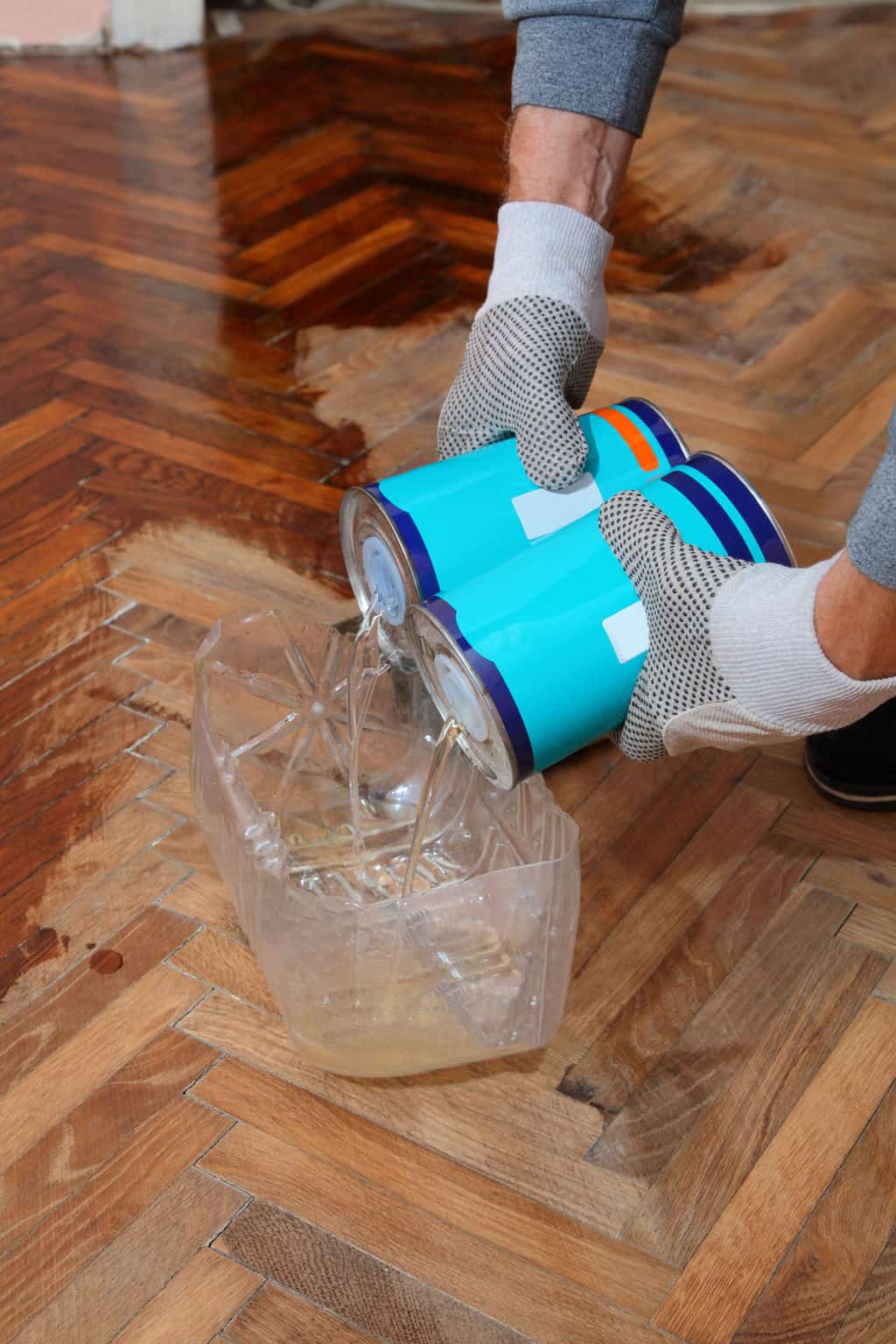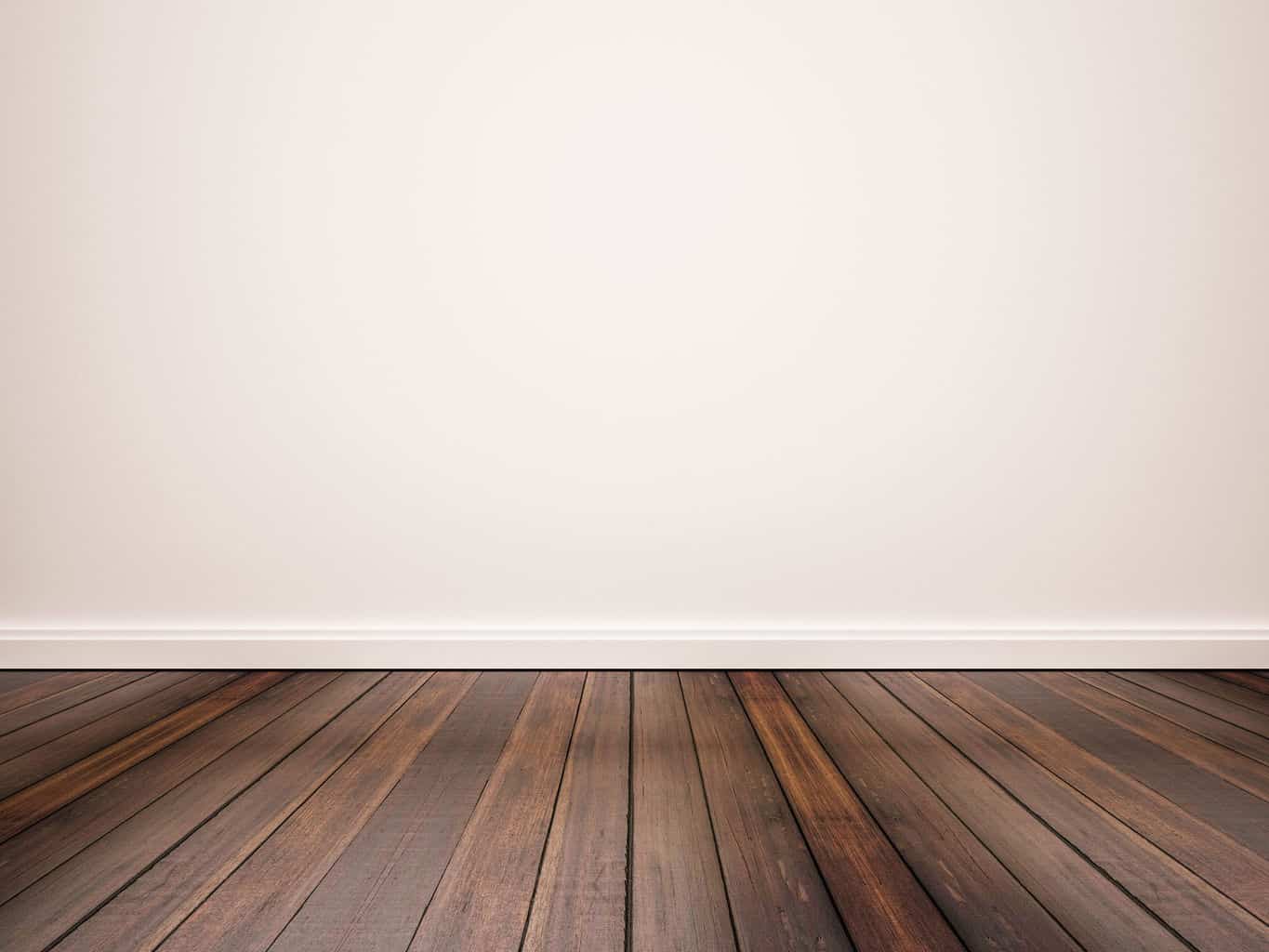Polyurethane is a protective coating that will add longevity to your floors. Polyurethane coating can be used in many different applications, from cabinets to furniture, and a coat of polyurethane will save you money that would otherwise be spent repairing and polishing your current floor. Check out the following article for information you should consider when investigating whether to use polyurethane on your flooring.
What Is Polyurethane?
The chemist Otto Bayer and his co-workers discovered polyurethane in 1937. Since its creation, polyurethane has been improved upon further. It has since been discovered that polyurethane can be used as a protectant for floors, but it can also be used as more than just a floor coating; because it can take many forms, the options for how polyurethane can be used are practically endless.

Polyurethane is created by a very scientific process. It begins by reacting a polyol (an alcohol with more than two reactive hydroxyl groups per molecule) with a di-isocyanate with of course the suitable additives to go along with it. What this means for the resulting product, in practical terms, is that polyurethane is not only a chemical resistant coating but also it can be turned into specialty adhesives, foams of all kinds, and more. Our interest here, obviously, is in polyurethane as used for a protectant and sealant on flooring.
Polyurethane is hands-down the toughest floor coating that you can find for any type of floor. It was created to resist chemicals, which means that it is strong enough to resist most liquids (drink spills, oil splashes, even paint splatters!) that hit your floor. This designed resistance makes cleaning polyurethane a breeze.
Another advantage of polyurethane is the way it strengthens floor surfaces for a longer life. This coating will protect various floor surfaces and keep them looking good longer than any other coating option will. You can comfortably use it on any floors that you think may be treated roughly. The innate resilience of polyurethane can take care of most things; even if it means things are thrown at it regularly. You cannot think of a better floor coating for your kitchen, which witnesses regular oil spills and water spills. A polyurethane floor coating will prevent any of these things harming your floor.

Why Use Polyurethane On Your Wood Floors?
Hardwood floors need some kind of surface protectant, and polyurethane is far and away the most popular choice these days for protecting wood flooring. It is easy to see why polyurethane is the popular choice. It provides a long lasting protective layer of coating to wood flooring, thus making it a universally accepted solution to many problems. Polyurethane is a great coating for any type wood floor in any area of the home, because of the strength and resistance that it provides. If it can resist chemicals and moisture of all kinds, it is a good choice in your laundry room, kitchen or bathroom.
All in all, the biggest selling points of using polyurethane floor coating are:
- Polyurethane protects the floor from all types of damage.
- Polyurethane is comparatively inexpensive, and can save money in floor repairs in the long run.
- A polyurethane coating will increase the lifespan and durability of your flooring significantly.
- A flooring coated in polyurethane is very easy to clean.
- The polyurethane coating is simple to apply and does not need to be re-applied as often as other flooring sealant options.

One of the chief reasons polyurethane is so popular is that it is quite affordable. Since it is produced in bulk by a lot of chemical companies, availability of polyurethane is never going to be a problem. Also, most suppliers keep regular stock of this product and you can easily get it from any reputed one.
Of course, coating your floors in polyurethane will cost a bit of money on the front end. But the peace of mind and lasting protection it promises makes it totally worth the money spent. Lightweight polyurethane flooring can reduce damage from moisture, dirt and grime, and daily wear and tear.
Things To Consider When Choosing A Polyurethane Finish
There are a few things you will need to consider when choosing a polyurethane finish for your floors. You will want to consider the final desired appearance, whether to use an oil or water based polyurethane, and the application method you would prefer to use.
The Look
Do you want your floors to be shiny (high-gloss), or matte (satin)? Or is your preference something in between? With a polyurethane finish, you have the option of choosing the gloss level, similar to when choosing paint for your walls. Something to keep in mind when choosing the finish is that a higher gloss look will show more imperfections in the flooring, while a satin finish hides those marks better.

The Application Process
Your choices when it comes to how you will be applying the polyurethane finish to your floors are spray on, wipe on, or brush on. The best choice for your project depends on more than just your preference here. The application style here depends more on the type of polyurethane you have chosen, the room (and room size) where you are applying the finish, and the humidity level in the area where you will be applying the polyurethane. Choosing the right method of application is extremely important, as a bad application will result in some pretty noticeable problems like bubbles and streaks and will mean the polyurethane will not protect your floors as well. Repairing a bad polyurethane application means stripping and refinishing, which is a very involved process, so it’s important you know what you are doing on the application before starting.
Water vs Oil Based Polyurethane
You have two choices when it comes to the type of polyurethane you will use. There are a number of differences between oil based and water based polyurethane, including:
- Appearance: Oil based polyurethane has an amber appearance, while a water based finish is clear.
- Drying times: An oil based polyurethane takes much longer to dry fully.
- Cost: A water based polyurethane can be as much as twice the cost of oil based.
- VOC (Volatile Organic Compounds): The gases omitted from an oil based polyurethane are significantly higher than from water based.
- Thickness: An oil based polyurethane coating is thicker and will need less coats applied to the flooring.

Water based polyurethane is improving these days, and is becoming more popular, though oil based polyurethane is still the industry standard, I do see that changing with all of the benefits a water based polyurethane can offer.
The Downside To Polyurethane Flooring Coating
As with any major home improvement decision, you should educate yourself about polyurethane before you make your purchase. Primarily, you want to be careful not to purchase the wrong kind of polyurethane because it could ruin your wood flooring.
The main problems associated with polyurethane flooring include:
- Safety: It is a dangerous chemical to use.
- Compatibility: Can be hard to determine the best match for your floor.

Off-gassing from polyurethane can be dangerous. You need to be careful to not inhale too much of it because the toxins can make you ill. It’s also flammable, so be careful when using it near flames. Once it is applied, it’s comparatively safe, though the levels of VOCs are a worry for many. It does off-gas for a while, so chemically sensitive people need to be aware of that as they make decisions about flooring sealants.
As is quite clear from the above, choosing the right polyurethane is crucial to the success and overall happiness of your flooring.
So how do you know which polyurethane to go with? The best way to ensure you are happy with the final product is to buy the polyurethane from reputed agencies. There are quite a lot of suppliers out there who claim to deal with the best quality polyurethane, but obviously they cannot all be the best. Check out customer reviews, get advice from professionals, and don’t let the price be the primary factor in your decision. By purchasing your polyurethane from a well-reputed supplier, you will not have to worry much about the quality of product you are receiving and can rest assured you are making a worthwhile investment in the life of your flooring.

Polyurethane is a great choice to coat your floor with because it protects and strengthens the flooring surface. The added resistance will help your flooring survive almost anything that comes its way!

Do the new floating floors have a Polyurethane coating ? or can we do this after its been laid?
We are doign this in our kitchen which is HIGH TRAFFIC and we have a dog that sometimes has accidents. I dont want to lay this floor if i will have stain issues
Thanks so much
Penny Armstrong
Decatur, IL USA
I just installed an engineered hardwood floor in my dining room and want to know if you can put an additional coat of polyurethane on the floor for added protection.
Hi Renee,
It’s hard to say, according to the directions from different brands, some polyurethanes need raw wood to adhere to while some claim that they’ll adhere to just about anything. I would think too that it’s going to depend on what the engineered hardwood floor already has on it.
Most likely, the best thing to do is give the flooring manufacturer a call — their website probably also has a webform or email address to contact somebody for support. If nothing else, they can probably advise you if this will violate your warranty or not and have recommendations for polyurethane brands.
After you get an idea of what brands will work with your floor, call those manufacturers to see if they actually recommend use on prefinished engineered hardwood floors.
Remember too, that these floors are exactly the same (on the surface!) as a traditional hardwood floor. That means that later on, if you ever want to, you can strip, sand, stain (if you want to), basically refinish these floors. You obviously don’t want to get down deeper than the hardwood layer though. ;~)
Dear sir,
I am in the construction material business and have used Polyurethane foor in a kitchen. It puzzles me why many obvious white spots appear on the floor surface. Based on your exprience, can you please shed light on the causes and what steps can be taken to eliminate such white spots?
Thanks.
Yours sincerely, Mr John Lim
Good day Mr. Lim!
Actually, I’m a ma’am, that’s why this site is called The Flooring Lady.
A little more information would be most helpful. What kind of flooring material is this? What kind of a finish does the polyurethane provide – matte, satin or gloss?
We are installing unfinished Brazilian Cherry flooring throughout our first floor (1000 sq. ft.). We are very confused about whether to go oil based or water based polyurethane. Is there a preferred?
I think it’s going to depend more on what the rooms are used for, how much foot traffic they’re going to have and preferred cleaning methods. Diamond Coat Varathane Polyurethane has some very good products, you might want to look them over to help you make a decision.
I think too that there used to be a preference for one over the other, because of off-gassing/VOC’s, though many manufacturers now have low or no VOC products – mainly due to customers preferring not to breath in the fumes while products are off-gassing.
Dear Ms. Floor Lady: I am having the same problem as Mr. Lim. I have a hardwood floor which has gloss polyurethane on it. After a couple of years, it has developed MANY white bubble spots in the polyurethane. How do I get rid of these so I can have beautiful hardwood floors again.
Sometimes the solution can be to lightly sand the spots with steel wool, apply a coat of gloss to the areas and let dry. The white spots should now be gone. However, if this is happening all over the floor, it may be a sign that it’s time to refinish your floor. Sometimes, all that’s necessary is to lightly sand the whole floor and reapply your poly, sometimes you need to totally strip your floor (either chemically or thru sanding) and reapply your poly. If your flooring had a wood stain applied, you may need to do that too, but let’s hope not……
I’d suggest to try the steel wool sanding/poly on just a spot or two first to see how that looks. Good luck!
Sometimes, all that’s necessary is to lightly sand the whole floor and reapply your poly, sometimes you need to totally strip your floor (either chemically or thru sanding) and reapply your poly.Thanks for the tips!
Best regard!
You’re most welcome. I wish you luck and hope that all you need to do is lightly sand it and reapply……
help
i just sanded my hardwood floor and put on some water based semi gloss poly. now my floor is turning white and has no sine at all. what can i do?
There could be a few reasons why this has happened. Did you make sure to totally remove all the residue – not just on the floor, but on window sills, walls, light fixtures, etc.? What grit of sandpaper did you finish sanding with? Did you make sure to mix the poly once in a while (but don’t get a bunch of air bubbles in it)? You didn’t use a damp rag on it after sanding, right? (Raises the grain in the wood = dull spots)
Chances are that lightly sanding then leaving the finish to dry will make the white may come out. Sanding tends to break the surface and allow the interior of the finish to dry more thoroughly, it may be all you need. If that doesn’t work, you could spray the surface with blush eliminator, which you can find in aerosol cans. A lacquer retarder will also work.
Be careful too about placing bare hands or knees on the floor as you go – your body oils can keep the poly from adhering correctly.
Dear Ms. Flooring Lady-
We have a poly-u treated floor. No problems, just does not shine quite enough for me. What do you think about using Orange Glo Clean and Shine?
I’ve used Murphy’s Oil Soap in the past and it is clean, but no shine.
How long has it been since it was urethaned? Was it shiny after it was first applied? Have you tried buffing it?
Great resource on polyurethane. I’m wondering if you know of any polyurethane substitutes, maybe something that’s somewhat durable but doesn’t have the outgassing and so forth. Not necessarily an “all natural” protectant, but something less chemical-ish?
Hi Jim,
Actually, the number of products that are becoming more ‘green’ are growing in numbers all the time. It’s what customers want and the manufacturers have listened! There are now many products that are low-VOC, keeping off-gassing to a minimum. Much better healthwise than they used to be! Diamond Coat Varathane Polyurethane products have listened to their customers as well as other manufacturers.
I have poly wood floors and the shine is gone. We bought the house about 3 years ago and they were beautiful. What do I need to do to make it shine again. The house was built in 1940 and has the original wood floor, but has been refinished and coated with poly by the previous owners,like I said, it was beautiful. Do I need to sand it and apply another coat or just please help!
Thank you
You could probably get by with sanding and reapplying the poly, but do you know if the previous poly is water-based or solvent-based. You need to use the same type — if you don’t know then I would recommend stripping the old poly off first. Granted, you have a 50/50 chance, but if you guess at the wrong one you’re going to have a mess and will have to strip and start over anyway.
You might be able to get away with using a product like Varathane Renewal No Sanding Floor Refinishing Kit. I hope so, because it’s easy to use and provides excellent results under the right circumstances. I presume that this is Low VOC like the other products they manufacture.
If you wind up needing to strip the floor, there are products out now that are environmentally friendly, so you don’t have to worry about health concernes from breathing in fumes, exposure to chemicals, etc. One such product is SoyGreen PolyStripper Polyurethane Coating Stripper, Soy Gel, SoyGreen, etc. There’s lots of them out there now.
Thanks. I will try to contact the previous owner to see which it is, water or solvent based.